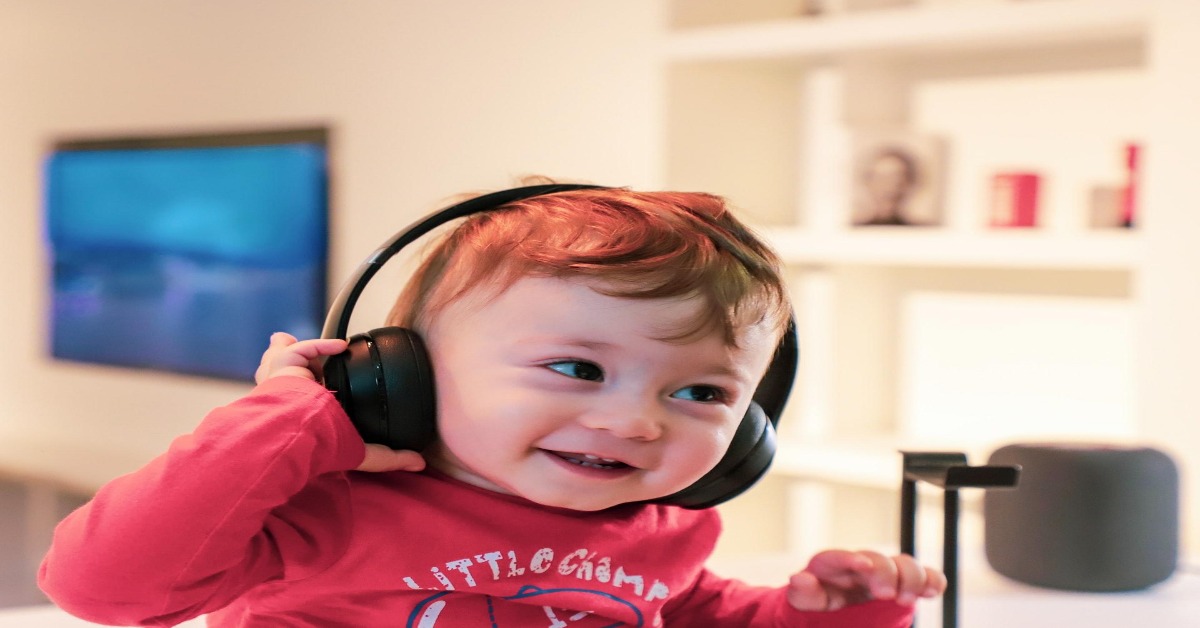With the Covid-19 situation affecting our daily lives since the start of the year, some people may inevitably become...

Coping Strategies with Covid-19
Coping Strategies with Covid-19
The battle seems like it is outside of your home against some microscopic enemy, but the struggle actually starts inside your mind. Anxiety steals away our joy and peace by consuming our focus and kicking our imaginations into overdrive. We begin to create worst-case scenarios in our mind, which is like making an assumption that will never occur.
Taking a hard look at our actions, thoughts, or emotions can be a difficult process. Yet, resisting or suppressing our emotions actually creates more problems for us, at home or at work. It is normal to find it difficult to be consistent when starting a new routine. Give yourself plenty of time when it comes to coping and the most important step you can take is always the next one. Below are some strategies that I hope that you can find them useful at some points of your life during this difficult period.
Strategy 1: Your Physical Health Needs
Let us begin by reflecting on our physical health.
- Do you maintain a regular sleep pattern (at least 8 hours per day) and practice other healthy sleeping habits (e.g., using naps, limiting screen time before sleep)?
- Do you maintain a balance of healthy foods?
- Do you exercise regularly and stay somewhat physically active during your day?

Strategy 2: Your Emotional Health Needs
Coping strategies can help you keep your emotions in check. Below are some examples of how you can do this.
- 1. When you are sad or depressed, try something comforting like:
- Listening to soothing music
- Reading a book
- Do some light workout
- Calling a friend to talk about it
2. What if you are angry, frustrated, or restless?
Then you can try the following: - Cleaning your room, your house, or even your car
- Cranking up music and dancing
- Drawing, doodling, or just any activities that will calm your anxiety or anger
3. When anxiety is overwhelming you, you can try:
- Breathing deeply and slowing your breathing to calm your nerves
- Watch some funny videos or people who make you laugh

Strategy 3: Your Social / Psychological Health Needs
During this period, it is equally important to keep in touch with families, friends and any other significant figures in your life. Here are some ways which you could do so.
1. Instead of a social dinner or gathering, why not try this?
- Online gathering (via Zoom / Google Meet / others)
- Challenging each other with physical activities or cooking or any other suitable activities
- Do workout together online!
2. If you prefer to chat, these are still available in various options, such as the traditional phone call, WhatsApp, Facebook Messenger or even Instagram Direct Messaging.
Hopefully, these coping strategies can help you help a way through this difficult period, and we will conquer Covid-19 soon! ![]()
Coping Strategies with Covid-19
Progressive Muscle Relaxation
Have you ever had an aching back or pain in your neck when you were anxious or stressed? When you have anxiety or...



